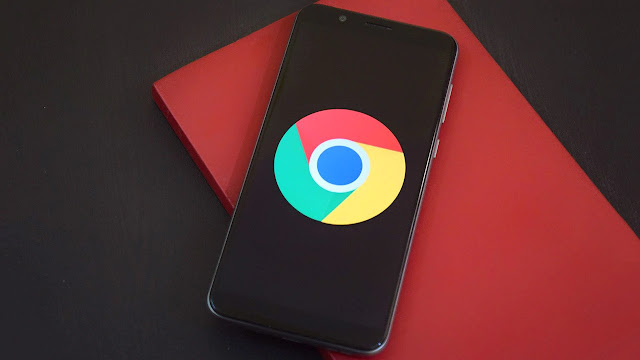Google will commence the blockade of notifications from sites that it believes misuse or abuse the privilege of notifying users, starting with Chrome 84.
While Chrome 84 is scheduled to be released on July 14, the new browser's abusive notification protection will only affect "permission requests" newly sent from abusive sites, not those that have been unwittingly agreed to prior to this release. However, Google is looking to expand the anti-notification defense to even already accepted notifications in the future.
It will affect sites that Google thinks traffic in notifications to trick users, with such sites' notifications going to be scaled back to what Google defined as its "Quiet UI" and a Chrome warning informing the users that the website may be trying to coax them into accepting future notices.
Why the blockade of Website's abisive notifications?
According to PJ McLachlan, a Google product manager, the issue of abusive notification prompts are among the top user complaints received about Chrome.
And such abusive notifications include two broad categories: permission request issues, which is intended to mislead users, usually to allow further notifications, and notification issues, an even more nefarious notification that aid phishing attacks, linking to malicious software or trying to fake system alerts or messages.
Google claims that a large portion of such notifications actually originate from a very small number of abusive sites.
How to ensure your Website is not flagged?
Those websites that Google deems as abusive in their notifications will first be notified by email at least 30 days before Chrome begins to enforce the new rules.
In which interim, the affected sites will be given the chance to prove or mend their actions and then be able to resubmit application for review.
Google has detailed its Abusive Notifications Report here, with the mechanism it will use to highlight bad actors and the review process for site owners.









No comments